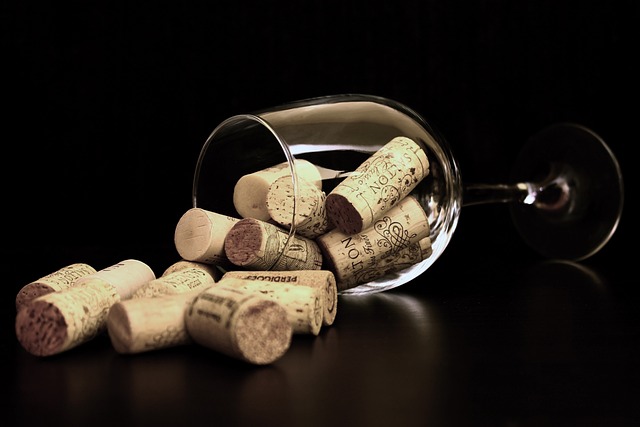Australia’s wine industry is a key contributor to the agricultural sector, producing renowned wines both domestically and internationally. However, wine production involves more than just winemaking; it requires navigating a maze of legal requirements. From labeling rules to land use regulations and licensing hurdles, wine producers face various legal challenges. Understanding these is crucial to running a compliant and successful operation. A wine lawyer can help you steer clear of legal risks, ensuring smooth operations.
Here are the top legal challenges facing wine producers today.
1. Labeling Laws
Wine labeling is one of the most regulated aspects of wine production, and producers must adhere to strict rules around ingredient declarations, geographic indications (GIs), and more. A wine label serves as both a marketing tool and a legal document, with violations leading to fines or recalls. In Australia, the Food Standards Code governs labeling, and specific terms like “organic” require certification. Moreover, GIs protect the names of wine-growing regions, meaning you can’t label a wine from outside the Barossa Valley as coming from there.
A lawyer ensures your labels meet all legal standards, helping you avoid the costly consequences of mislabeling, especially in export markets where rules may vary.
2. Licensing Requirements
Operating a winery in Australia requires multiple licenses, from production to distribution. Wine producers must comply with both state and federal licensing laws that govern the manufacture, sale, and export of alcoholic beverages. For example, wineries producing more than 100,000 liters annually must secure an excise manufacturer license. Additionally, each state has specific regulations for selling wine, whether through a cellar door or online.
Failing to comply with licensing laws can lead to steep penalties or business suspension. A wine lawyer can guide you through the licensing process, ensuring all necessary permits are obtained, and can assist with international export regulations.
3. Land Use and Zoning Laws
Land use and zoning laws are critical in determining what wine producers can and can’t do with their property. These laws govern agricultural practices, infrastructure building, and irrigation rights. Disputes may arise over water usage or neighboring properties, making it essential to understand local regulations.
A lawyer can help navigate zoning laws, ensuring compliance with building codes and water rights. They can also assist in securing permits for expansion and handling disputes related to land use.
4. Environmental Regulations
Environmental sustainability is a growing focus in the wine industry, and producers must comply with regulations around water management, pesticide use, and waste disposal. Failure to follow these laws can result in fines or shutdowns. Some regions, for example, have strict water usage restrictions, affecting how vineyards operate.
A wine lawyer provides guidance on environmental laws, helping producers stay compliant with local and federal standards while also achieving certifications like organic or biodynamic status, which can enhance market appeal.
5. Intellectual Property
Protecting your brand through intellectual property (IP) rights is crucial in a competitive market. Trademarks for your winery’s name or logo and GIs for your region help differentiate your product. However, enforcing these rights requires vigilance, as infringement cases can undermine your business.
A legal expert can assist in trademark registration, IP protection, and defending your rights against infringements, ensuring your brand remains protected.
In conclusion, the wine industry presents various legal challenges—from labeling and licensing to land use and environmental compliance. A wine lawyer is a vital partner for any wine producer, helping to navigate complex regulations and protect your business. With the right legal support, wine producers can focus on what they do best: crafting great wines while avoiding costly legal pitfalls.
